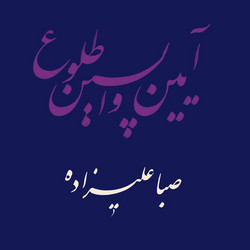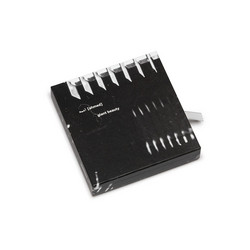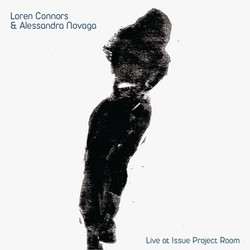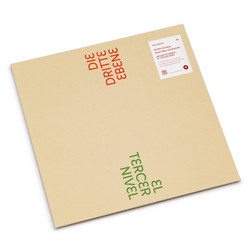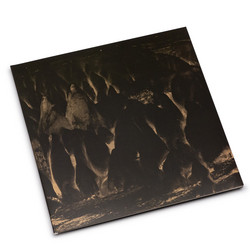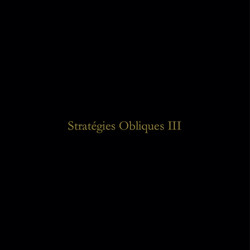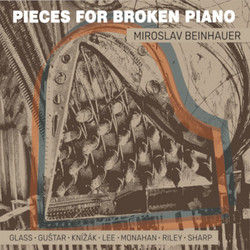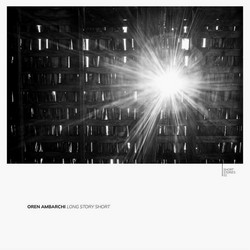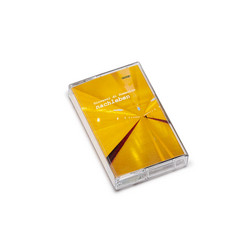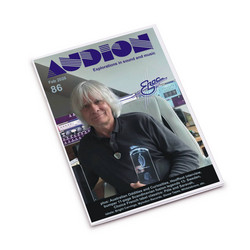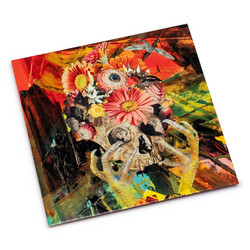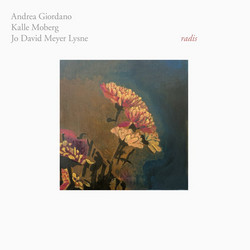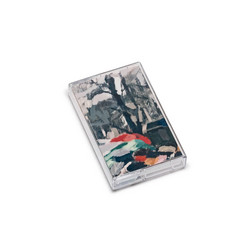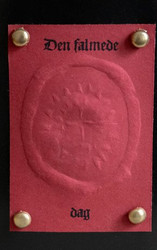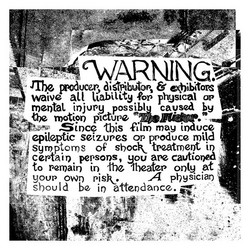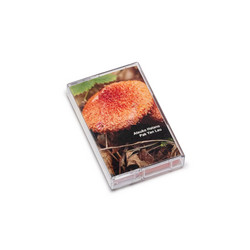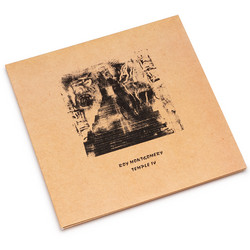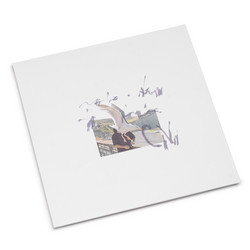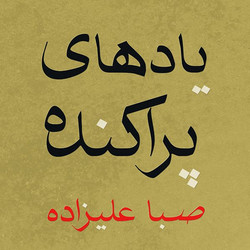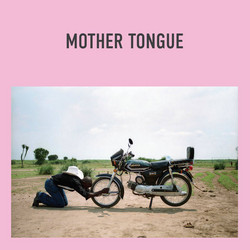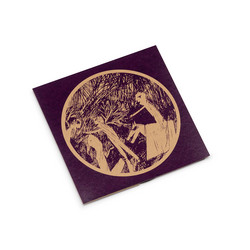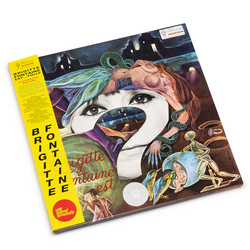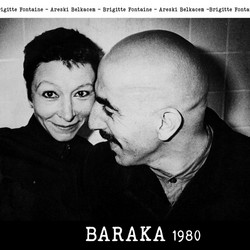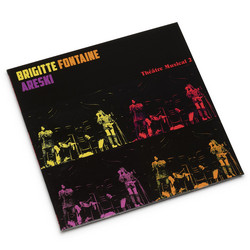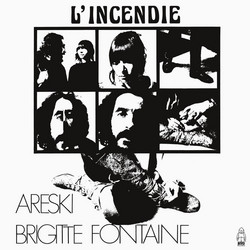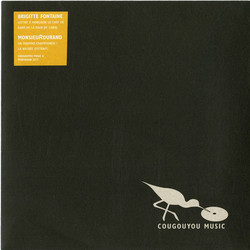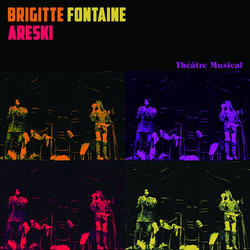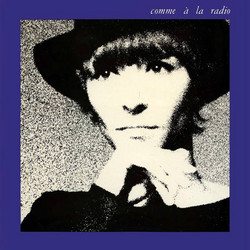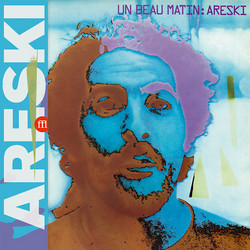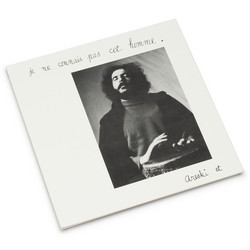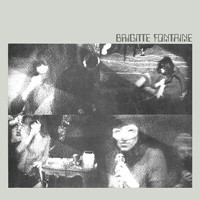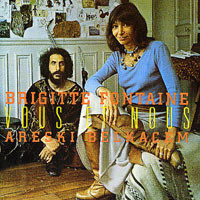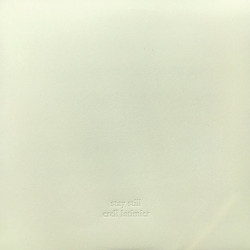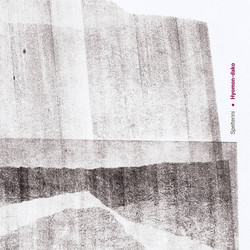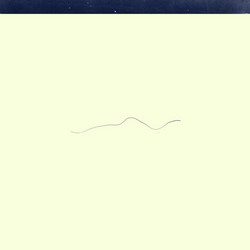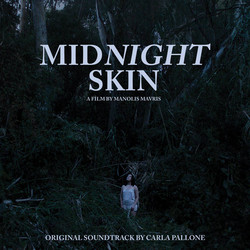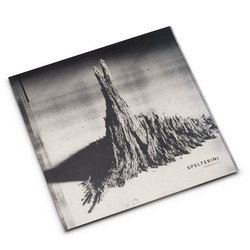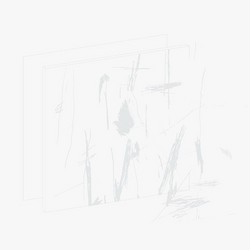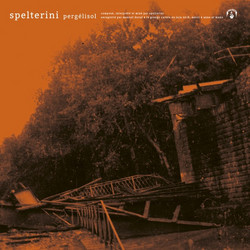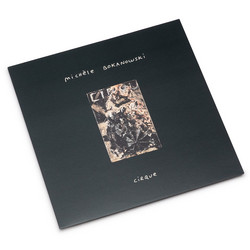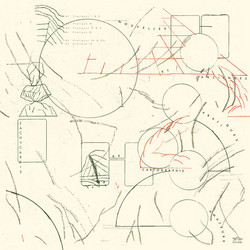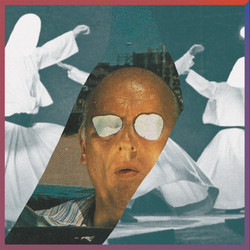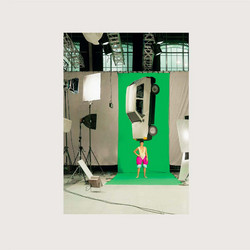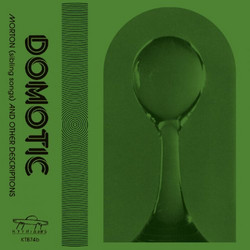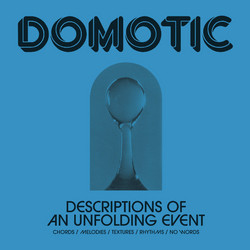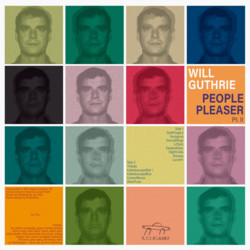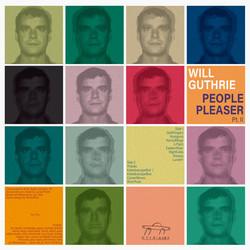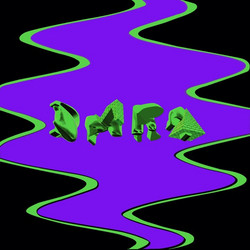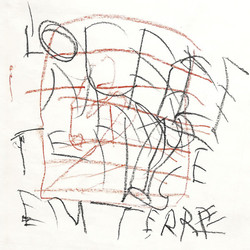Areski, Brigitte Fontaine
Vous Et Nous (2Lp)
Vous et Nous is the ninth album by experimental pop French musician Brigitte Fontaine and the seventh by Areski Belkacem, released in 1977 on the Saravah label. It's an avant-garde double album mixing a variety of instruments and vocal styles, with synthesizer and drum machine on some songs. Other, more acoustic, songs show the Algerian/African influence that Fontaine and Areski were known for. The album was not well understood upon release, but in later years was championed by musicians such as Jim O'Rourke and Stereolab. The instrumentation alternates between bleeping synthesizers and rattlingly primitive electronic drums on some songs and acoustic guitars and hand percussion on others. For the first time, Fontaine and Belkacem split the vocal duties about evenly; his gruff, mumbled vocals contrast nicely with her much sweeter tone, and the North African and Eastern European influences he had brought to her previous few albums are much more in evidence here. The two versions of the title track, one with a minimal electronic background and the other featuring the same Balkan-style melody played on authentic instruments, are representative of the two stylistic poles of the album. Artistically challenging yet surprisingly accessible (at least more so to a contemporary audience than it might have been upon its initial release), Vous et Nous is an endlessly fascinating cross-cultural experiment. (Amg)
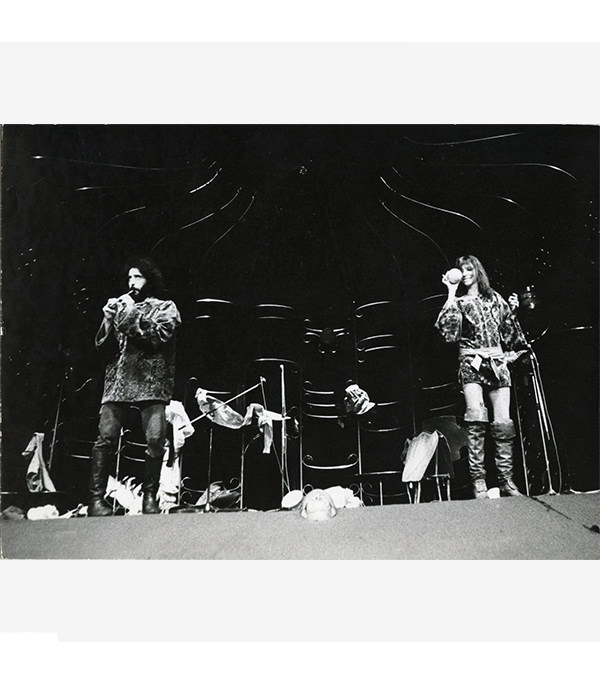
« Le plaisir secret que donne une chanson, dessin à la craie sur le mur de tes sons » (the personal delight within song, a chalk drawing on your wall of sounds) whispers Areski, right after Brigitte's voice on the penultimate song of the double album "Vous et nous". Released in 1977, this free flowing record contains 33 songs, it's their 6th album after « Comme à la radio », « Brigitte 4 », « Je ne connais pas cet homme », « L'incendie » and « Le bonheur », and it continues to spread the wide and generous spectrum of the couple fully blossoming talent. Electronic experiments, North African trance, refined acoustics and medieval drones gracefully blend with the acid and candid tongues of the singers, surprising us each step along the way. The making of this record was also full of twists and turns. It started out as a solo effort by Areski at Jean-Pierre Chambard's studio. Little by little, as Areski was filling tapes with poems and improvised skits, Brigitte would sneak into the studio at nightfall, adding her voice here and there, her whispers then became screams, giving fuel to the fire in a total blaze, a surreal blaze. The solitary work ("je") thrived to become us ("nous") and you ("vous") …
Benjamin Barouh, june 2018


